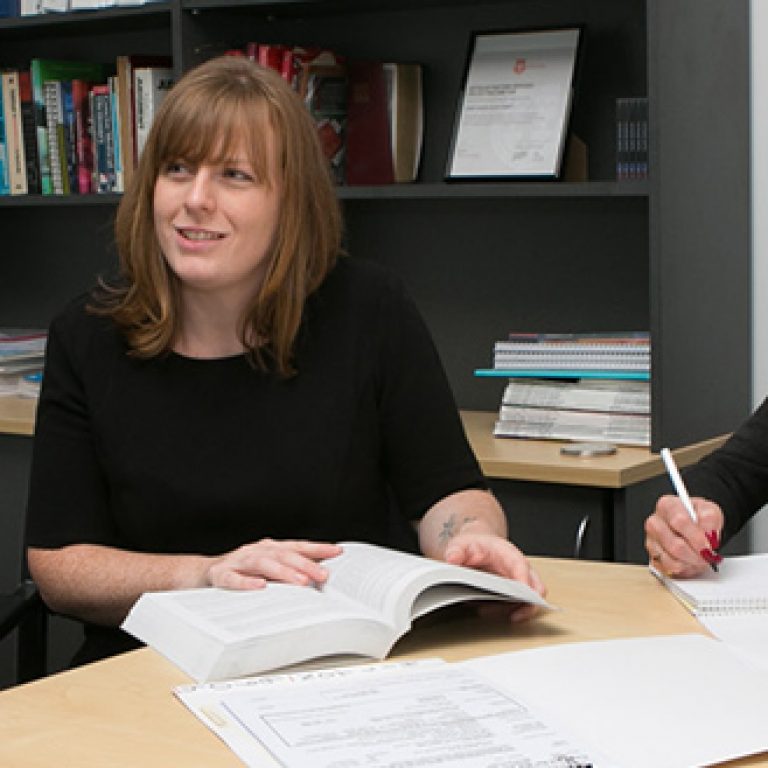ESTATE LAW & PROBATE
Losing a loved one is never easy and the void they leave in your life is enough to endure without having to navigate the legalities of estate law. If your loved one has passed away and you are the executor of an Estate, our experienced solicitors can help you through all aspects of the estate/probate process. This includes publishing notices in the appropriate mediums, applying for a Grant of Probate/Letters of Administration, transferring property, liaising with banks and debtors, calling in of monetary assets (including share holdings) and administering assets in accordance with the Will.
Wills
Preparing a Will is an important step and it is crucial that your Will be prepared with your wishes in mind and with full regard for your unique personal circumstances. Often, this is a straightforward exercise. However, sometimes more consideration is needed. Some examples are listed below.
- If there is a second or subsequent relationship. Do you know in these circumstances you can make a mutual Will where each party agrees to leave their estate in a particular manner and enters into a Contract to do so?
- In some circumstances it is appropriate to set up a Testamentary Trust or make a provision for an asset to be given as part of a Life Estate.
- Do you know that in the event that you get married after you make a Will, any Will you made beforehand is revoked unless the Will had been made in contemplation of your particular marriage? Even then, the Succession Act creates certain exemptions meaning part of the Will might still be valid.
- If you and your partner divorce after you have created a Will, certain portions of your Will are revoked insofar as they make dispositions to and appointments of your former spouse. You should certainly be looking at reviewing and redoing your Will in the event of a marriage or divorce.
- Particular attention also needs to be given to the relationship between your Superannuation benefits payable on death and your Estate. In general terms, Superannuation Death Benefits are dealt with as a result of a Trust Deed and directions given to the Trustees (binding or non-binding nominations).
Whatever your situation, the team at CBD Law can help you prepare a Will that truly reflects your wishes and circumstances.
Power of Attorney & Enduring Guardianship
When thinking about preparing a power of attorney, make sure the attorney is someone you trust!
A power of attorney document is a very important and powerful legal document. A valid enduring power of attorney means that your financial and legal affairs can be carried out on your behalf if you no longer have mental capacity to take care of them yourself. This ensures peace of mind for you and your loved ones.
However, you give great responsibility and trust to whoever you appoint as your attorney/s. Pursuant to the Powers of Attorney Act 2003, under a valid power of attorney your attorney/s may make legal and financial decision on your behalf. This includes managing your money and accessing bank accounts, buying or selling your shares, buying, selling, leasing or mortgaging your home and managing your other assets.
Your attorney/s can be a friend, relative or professional adviser above the age of eighteen (18). They need to be someone you trust.
There are two forms of power of attorney documents:
- A general power of attorney. This document is beneficial if you want to appoint an attorney/s for a short period, such as if you are going overseas. You can then appoint the attorney/s for a select period and the attorney/s cannot use the power of attorney at the expiration of this period. A general power of attorney document is not valid if you lose mental capacity.
- An enduring power of attorney. This document can stay in effect if you lose mental capacity. If you lose mental capacity, your attorney/s can continue to use this document to make legal and financial decisions on your behalf. Once you do lose mental capacity, you cannot change the power of attorney, so it is vital that you appoint someone that you trust in the long-term.
Challenging a Will
If you are a beneficiary named in a Will or believe you should have been a beneficiary in a Will, our team can help.
In some cases, children, spouses or a dependent of the deceased are not adequately provided for, or may not even be included in the Will of the deceased. If you are left out of a Will and believe you are entitled to benefit from the Estate of a loved one (certain factors apply), it is best to seek legal advice. We have experience in Succession Act disputes and will be able to appropriately advise you on your best course of action.








